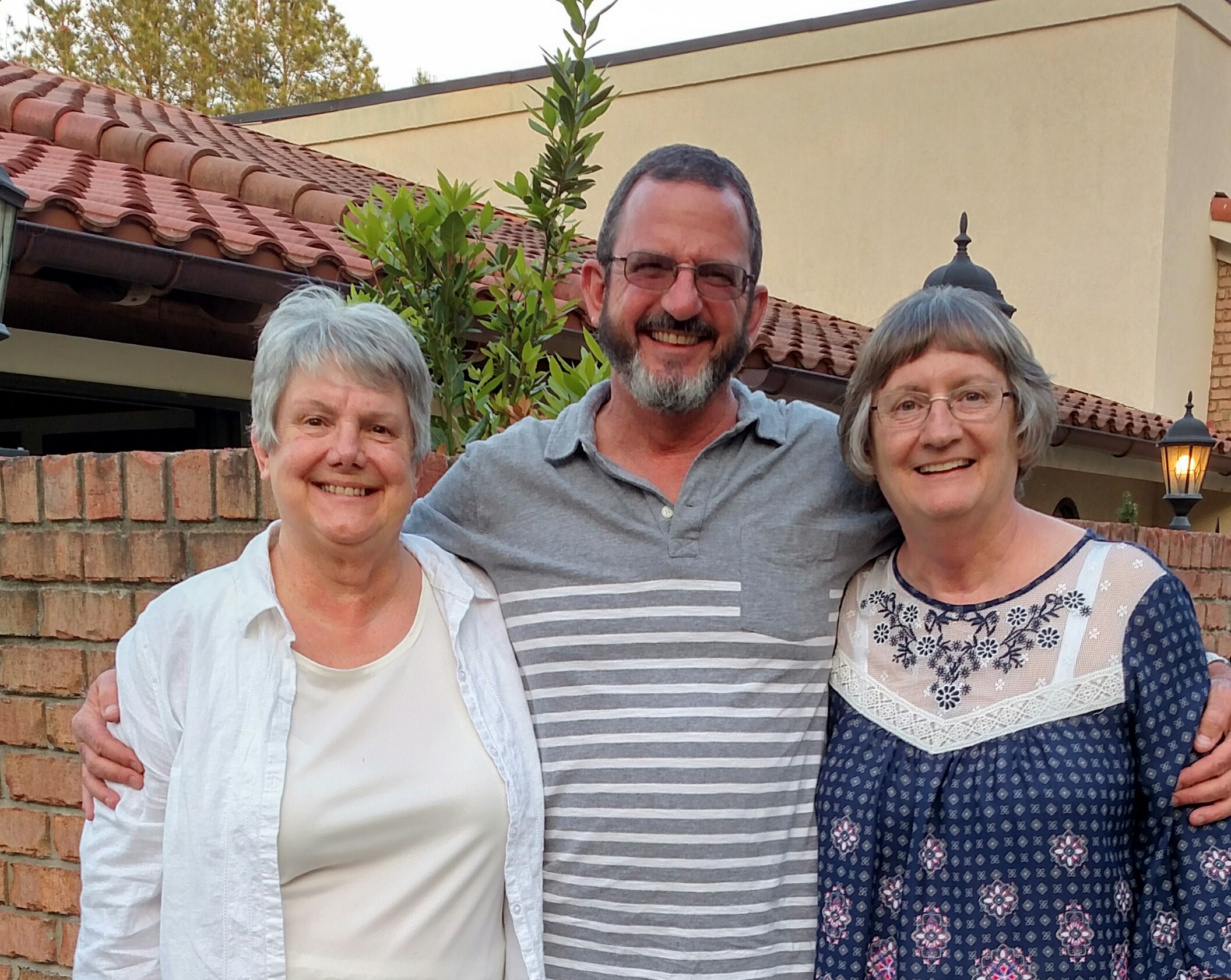Stories from Caregivers: Ruth from NORTH CAROLINA
NC
Ruth
FROM NORTH CAROLINA
When I retired in 2011, my mother was diagnosed with lymphoma. I stayed at her house across town and my husband and siblings came every evening for dinner and family time. She passed away in April of 2013. She had dementia and she did not remember me at the end. I had the support of my sister as an RN, my brother, my pastor who stayed until 11 pm many nights, and her doctor who came to the house often. Hospice was also involved later on. It was a blessing to take care of her and her needs for many months. Then my sister's husband, Earl, went into congestive heart failure and I spent four months in Chapel Hill while he was at UNC Medical Center. I did whatever needed to support my sister with her husband. He passed away in March of 2014. A few days after my brother in law's funeral, my husband's sister went on hospice care for breast cancer in San Antonio, Texas. We drove to Texas the day after we found out. She had battled cancer for 10 years and it had spread to her bones. It turned out they didn't understand that she was truly dying and Hospice was to help her die with dignity. I had to make her husband and her daughter understand that she should not be resuscitated. She was barely conscious but in the first week we talked and she did not want machines to keep her alive. Her daughter wanted everything done to keep her alive. Her husband eventually signed the DNR. I stayed nights with her at he hospice facility where we opted for her care because there were not enough funds to keep someone to stay with her at night. It took a lot of prayers and understanding to get the family through this and still keep the family together. My pastor in NC kept me going as I called her daily to get strength to say and do the right things. My husband has had prostate cancer twice and been through radiation for three months. A year later he started bleeding rectally which was caused from the radiation. It left his colon raw and the bleeding had to be controlled and healed. He went everyday for treatments in a hyperbaric chamber. He lost weight and his hemoglobin went very low. He had no strength. He still after a year can do very little. I go with him to various doctors, make sure his medications are taken properly, and he is diabetic so it is a constant battle to keep his diabetes under control. He had to have physical therapy to get his muscles strengthened. I have all the chores with taking care of almost an acre of property as well as cooking and cleaning. He loses control of his bowels so laundry is constant as well as disinfecting bathrooms etc. God has given me many blessings with the time spent with the ill in my family. There have been many laughs as well as the tears. I have a very strong support system with my family and church family. Anyone who is a caregiver has to believe that the people who are sick and can no longer take care of themselves fully did not ask to be ill. They don't always mean what they say because they are not used to being waited on either. ALWAYS LET THEM MAKE THE DECISIONS THEY CAN THAT WILL NOT MAKE A DIFFERENCE ONE WAY OR THE OTHER!!! They are not dead and can still think. Remember you may not have them always and cherish the time spent with them. If you need a break, find someone who can take over. You don't have to do it all yourself. There are agencies like HOSPICE who do a marvelous job. My sister and I went to the beach for a week to get a break when taking care of our mother and Hospice took her to their facility but we took her back home when we returned. Also if they nap you can too!!
